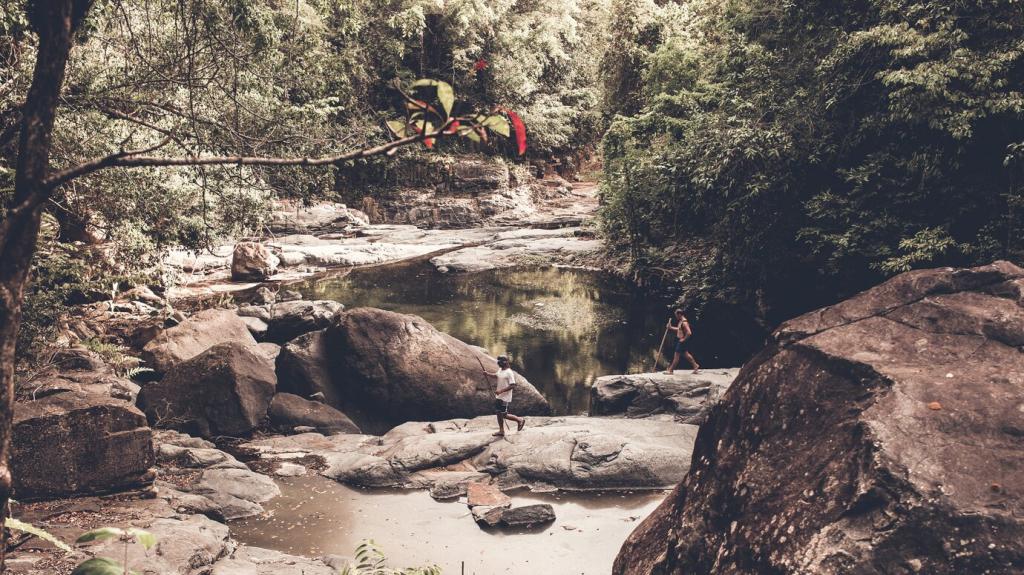Uncovering Hidden Treasures in Eco-Tourism
Eco-tourism goes beyond sightseeing, inviting travelers to explore the world’s most extraordinary, lesser-known corners in a way that respects and preserves the environment. This approach reveals hidden treasures—untouched landscapes, authentic communities, and rare wildlife—that foster profound experiences and promote conservation. As global wanderers seek meaningful journeys impacted by sustainability, the search for the most enchanting and responsible destinations intensifies. Uncovering these eco-tourism gems isn’t just about finding beautiful places; it’s about immersing yourself in local cultures, supporting communities, and safeguarding nature for generations to come. Discover how eco-tourism’s hidden treasures redefine adventure and transform the way we travel.

Indigenous Knowledge and Nature

